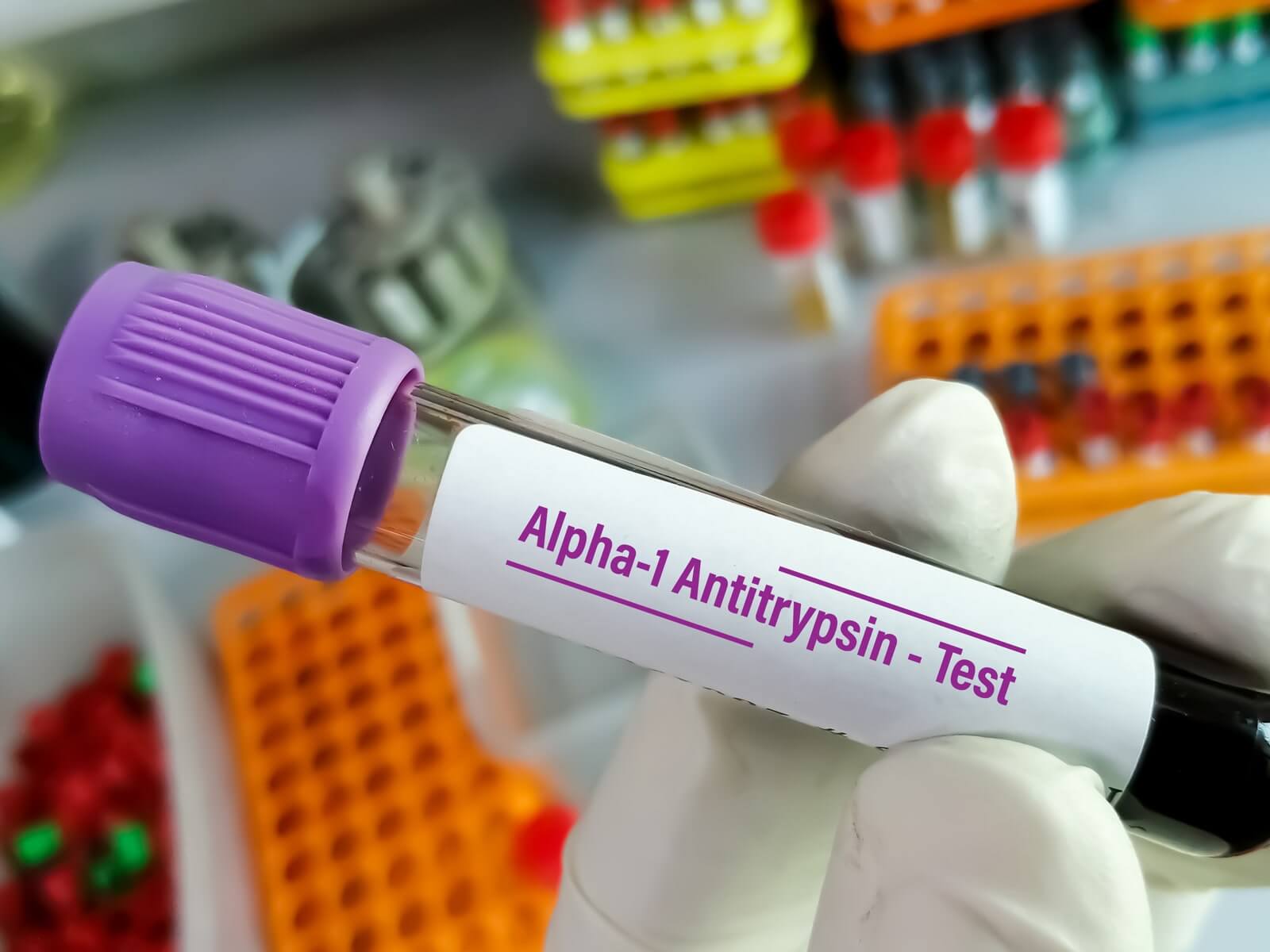
Alpha 1 Anti Trypsin Deficiency (AATD) is a genetic disease that may be described by the mutation of SERPINA1 gene. It also causes a decline in the levels of the alpha-1 antitrypsin protein since the one that normally assists in stopping the destruction of your lungs and the overproduction of proteins in your liver.
The symptoms fail to show themselves very frequently until adulthood. When they do, you may notice:
AATD is a hereditary disease, which can be influenced by the environment and way of life:
GastroDoxs in Houston will make sure that you and your AATD are safely in the hands of the combination of professional diagnostics, a treatment plan that is specifically designed, and a friendly approach to you. Our professionals in their respective fields will guide you to genetic counseling and protein augmentation therapy to consistent check-ups of the liver and lungs. You should not wait any longer and you should make your reservation now and work with the trusted team of care providers of AATD in Houston and you will gain health and peace of mind in the long-term.
We've successfully treated more than 1.5K patients, helping individuals improve their digestive health and overall well-being through expert, personalized care.
With over 20 years of experience, GastroDoxs has been a trusted provider of gastroenterology care, focusing on delivering the best outcomes for patients
Alpha 1 Anti Trypsin Deficiency is an inherited disease due to mutation of SERPINA1 gene which causes less of the alpha-1 antitrypsin protein to be produced or active.
Diagnosis involves blood tests to establish the concentration of alpha-1 antitrypsin, screening of genetic mutations of SERPINA1, and lung volumes to establish respiratory impact.
The J96.1 (acute and chronic respiratory failure) is the most commonly used ICD-10 code to be applied in the respiratory issues related to AATD and help to ensure sufficient medical records and billing.
Yes. The resultant protein malforming alpha-1 antitrypsin may accumulate in the liver leading to inflammation, fibrosis, cirrhosis or liver failure in the long run.
You will desire to see a specialist in case of jaundice(yellowing of the skin or eyes), unexplainable abdominal swelling, liver pain, or abnormal liver functional tests.
No cure of AATD exists but the cure of the disease involves protein augmentation therapy and lifestyle changes that slow-down the progression of the disease and control the symptoms.
The rigorous course of augmentation therapy is typically being carried out intravenously with the aid of an infusion either weekly or every two weeks based on the recommendations of your physician and the concentration of the amount of protein in your organism.
Absolutely. In order to preserve the state of lungs and liver, one may quit smoking, avoid second-hand smoking and air pollutants, maintain normal weight, and exercise.
Yes. AATD is a genetic disease and the genetic sizing and analysis of close relatives play an important role in identifying carriers or the disease among close relatives at tender age.
Book the Alpha 1 experts of GastroDoxs in Houston. We offer in-depth evaluation, genetic therapy and individualized treatment regimes.